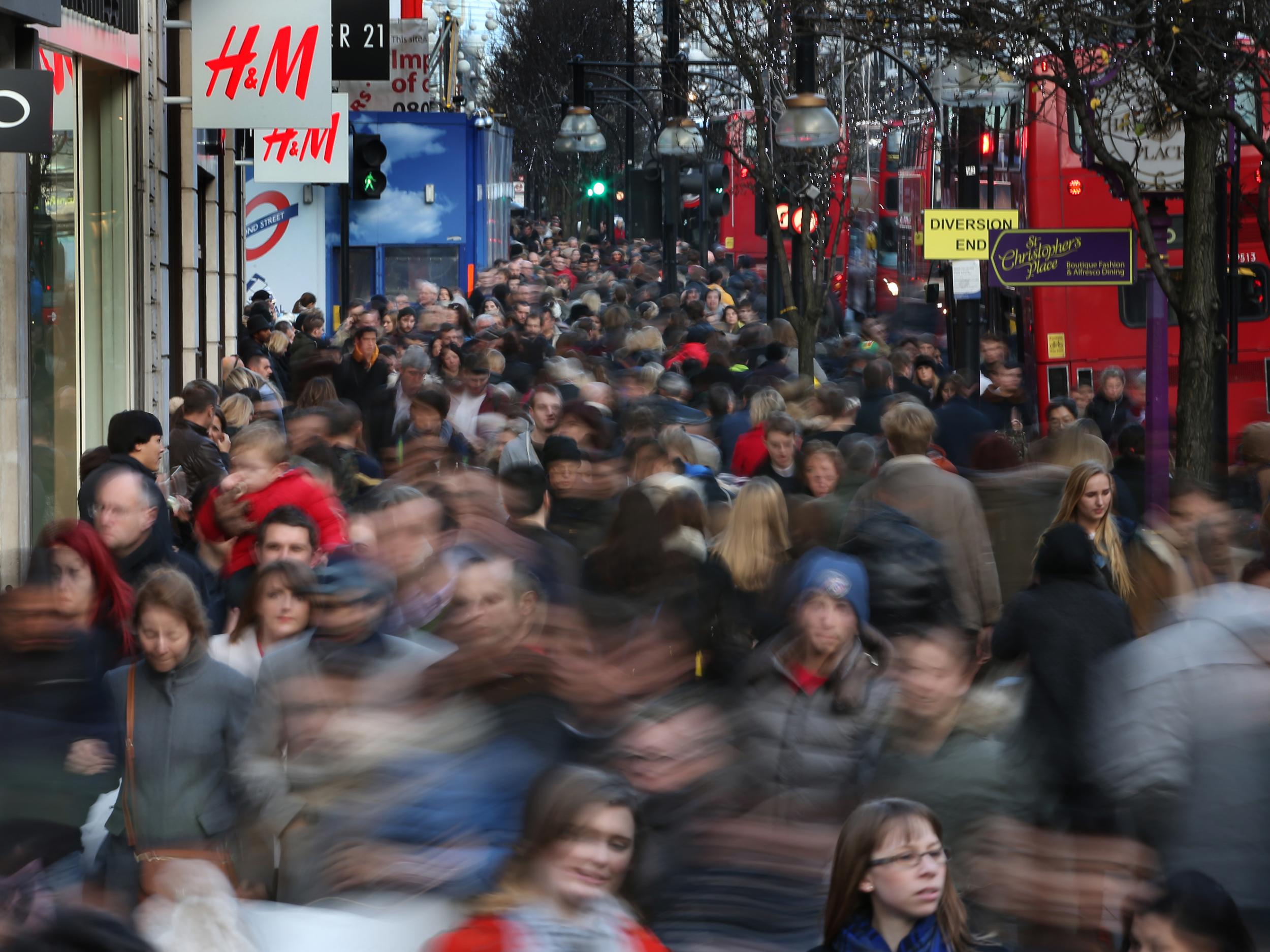Three per cent of people are unaware they cannot recognise familiar voices, study suggests
Researchers believe participants are born with the condition

Your support helps us to tell the story
From reproductive rights to climate change to Big Tech, The Independent is on the ground when the story is developing. Whether it's investigating the financials of Elon Musk's pro-Trump PAC or producing our latest documentary, 'The A Word', which shines a light on the American women fighting for reproductive rights, we know how important it is to parse out the facts from the messaging.
At such a critical moment in US history, we need reporters on the ground. Your donation allows us to keep sending journalists to speak to both sides of the story.
The Independent is trusted by Americans across the entire political spectrum. And unlike many other quality news outlets, we choose not to lock Americans out of our reporting and analysis with paywalls. We believe quality journalism should be available to everyone, paid for by those who can afford it.
Your support makes all the difference.Around three per cent of people are unable to recognise familiar voices, according to a new study.
Research has shown that more people suffer from an inability to identify voices than faces.
In the survey carried out by the University of Southern California, participants were given a range of tests to determine if they had phonagnosia, the failure to recognise familiar voices.
The online study tested whether 730 people, mostly students, were able to match 50 celebrity voices to one of four headshots.
Before the survey, participants were shown pictures of 100 famous people to determine whether they were familiar.
The researchers consequently accompanied the voices of the celebrities with another belonging to a non-famous person who had the same accent, age, race and sex.
An imagination test was also carried out, which examined whether the participants could identify common noises and recall the voices of five more celebrities.
In the study, the average proportion of correct matches stood at 76.7 per cent.
3.2 per cent of the sample, however, scored more than 2.28 standard deviations, a significant proportion, lower than average. The researchers expected only 1.1 per cent of participants to score this low.
Men, older people and those with a greater familiarity with celebrity culture performed better in the study.
Dr Irving Biederman and graduate student Bryan Shilowich, who coordinated the study, concluded it is likely the 23 anomalies suffer from phonagnosia.
Unlike prosopagnosia, which is the inability recognise faces and was first recognised in brain-damaged soldiers, the researchers believe the 23 subjects were born with phonagnosia.
Dr Christian Jarret, editor of the British Psychological Society’s Research Digest, hopes “news of this study might similarly contribute to a greater awareness of phonagnosia thus aiding even more research into the condition.”
Join our commenting forum
Join thought-provoking conversations, follow other Independent readers and see their replies
Comments